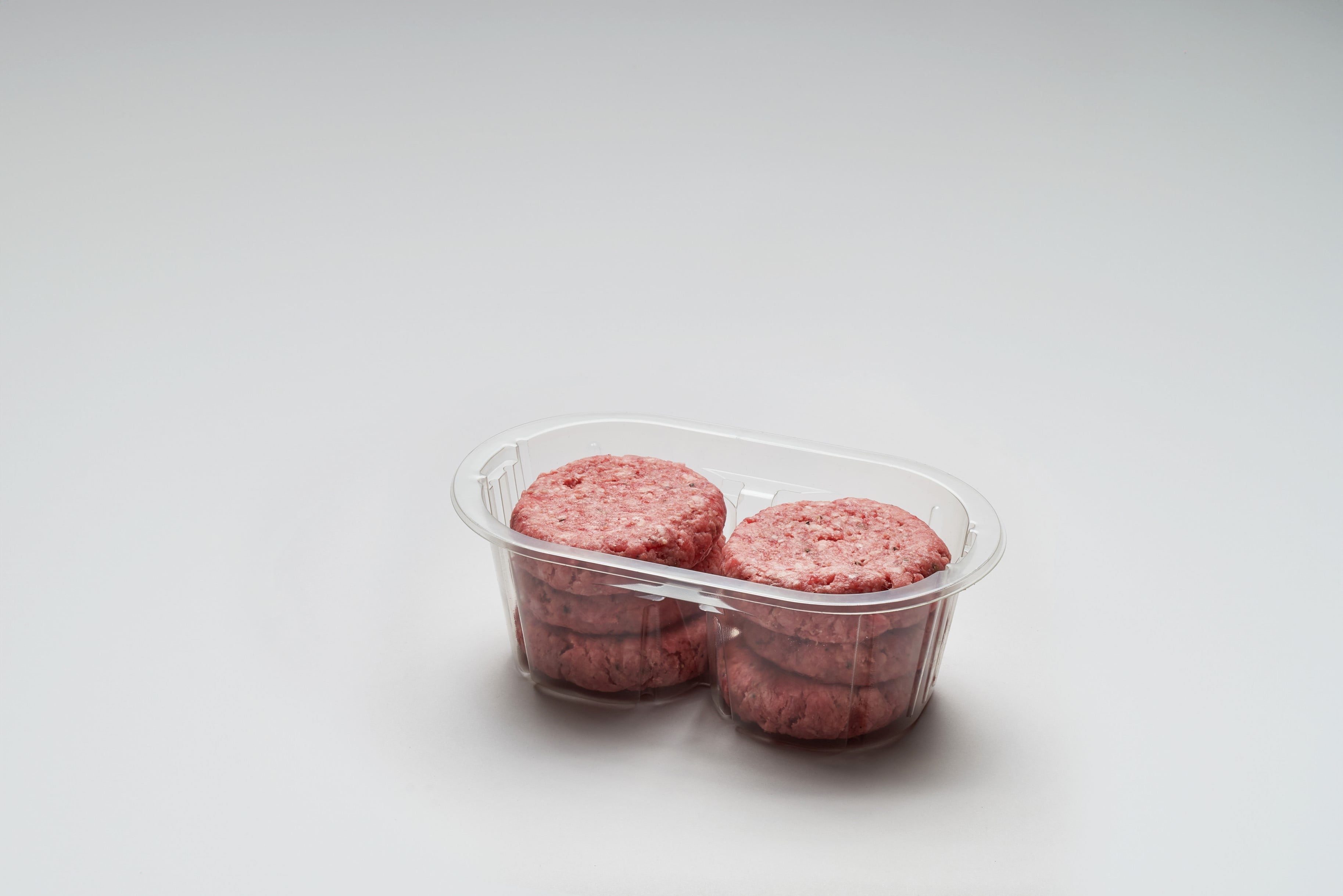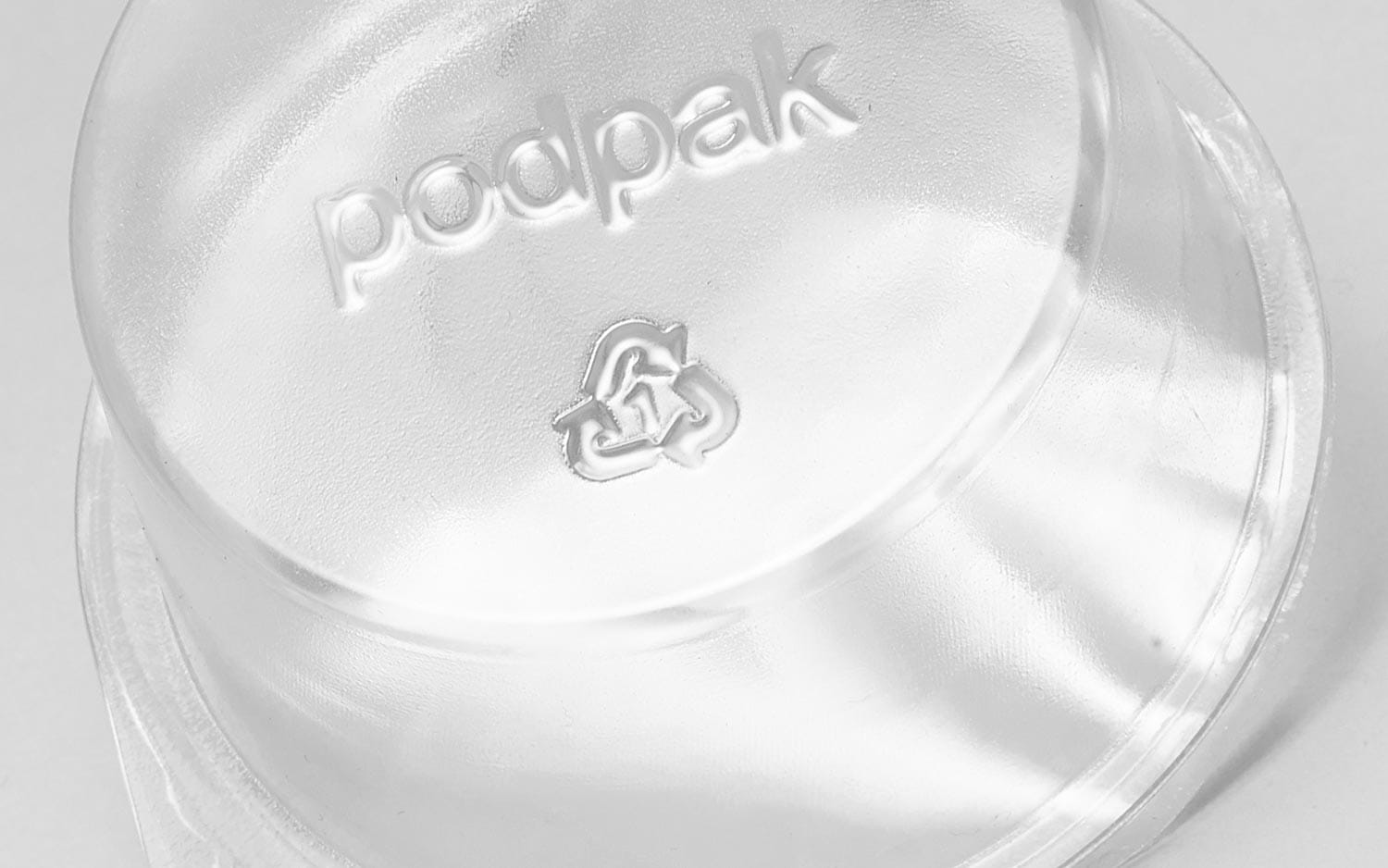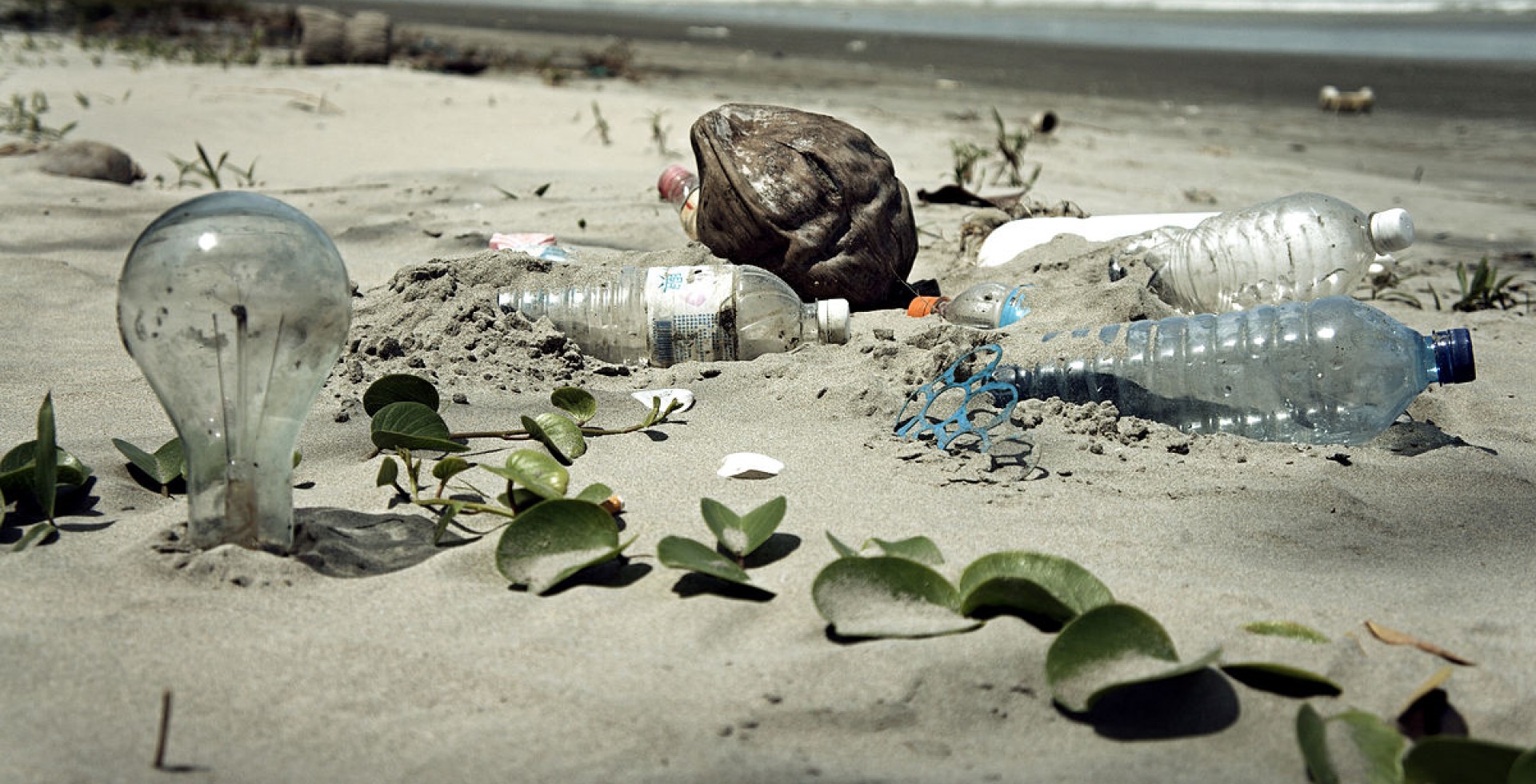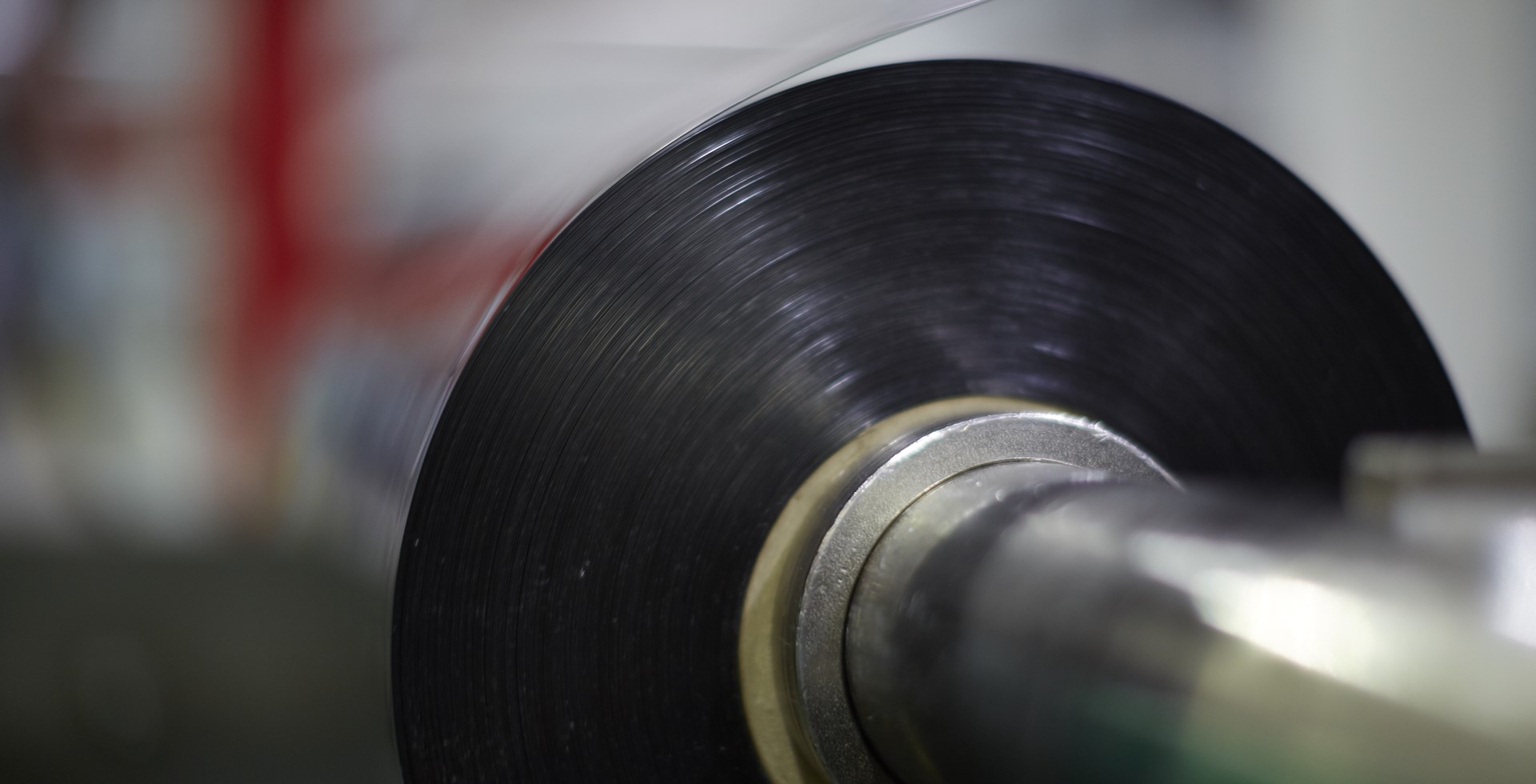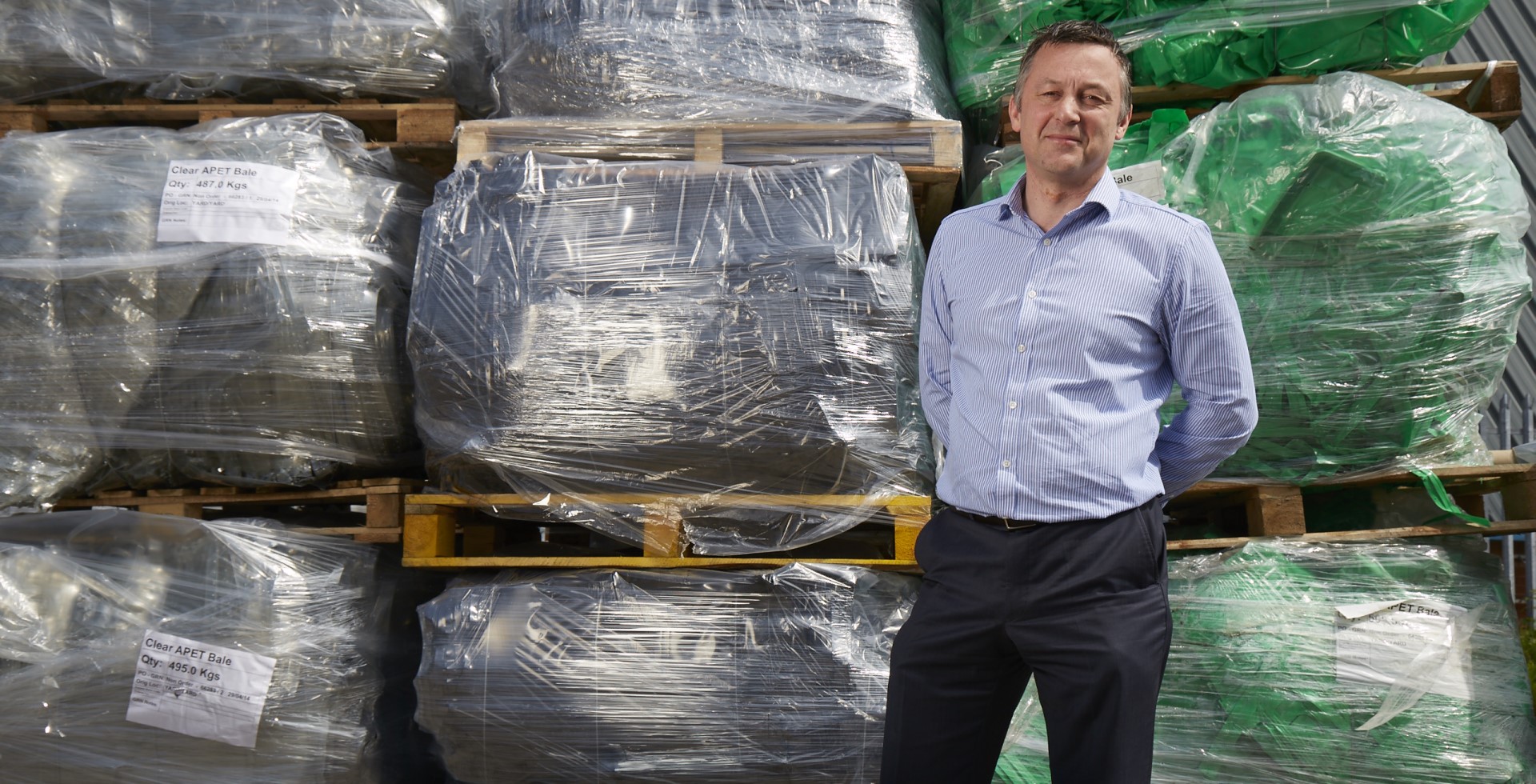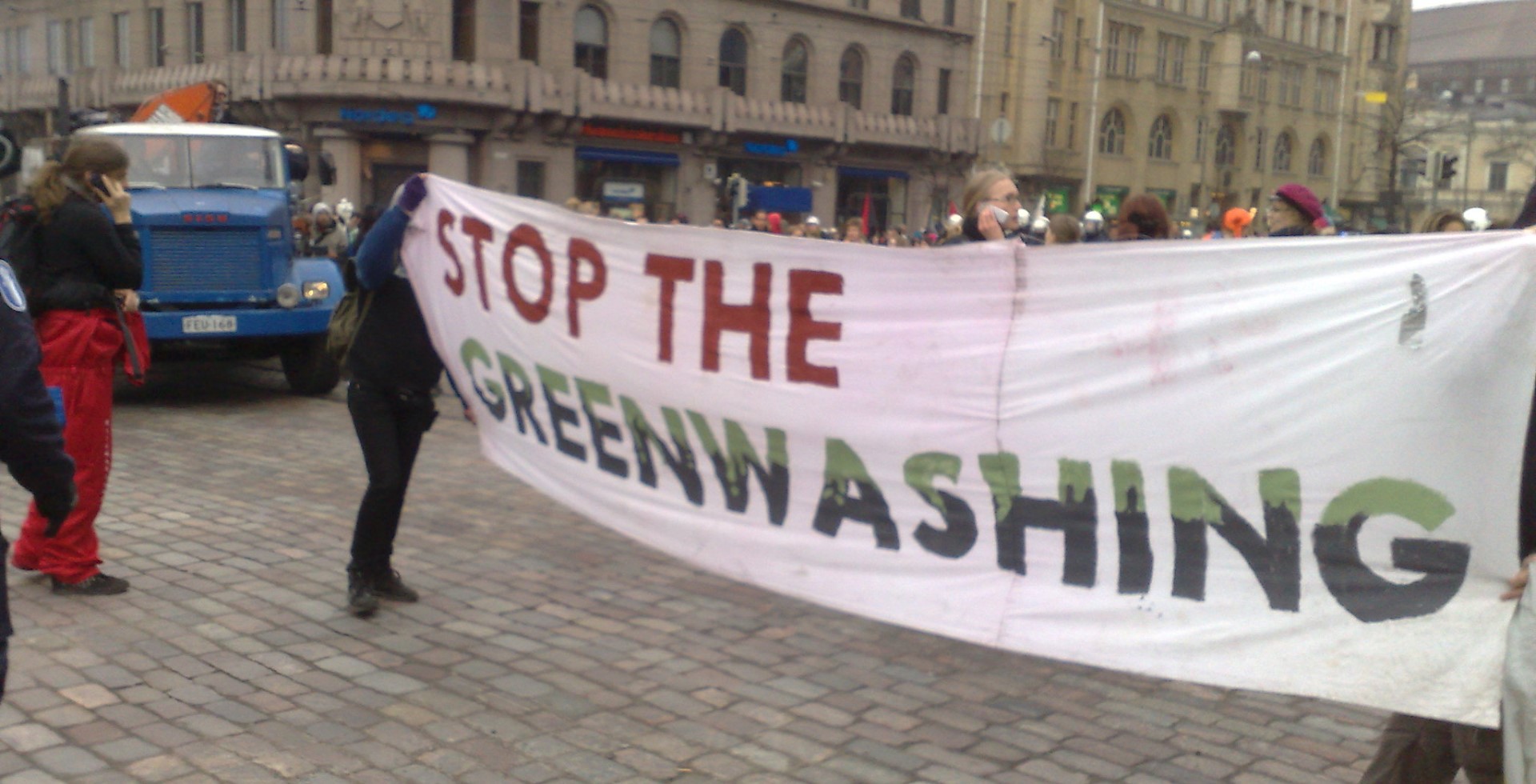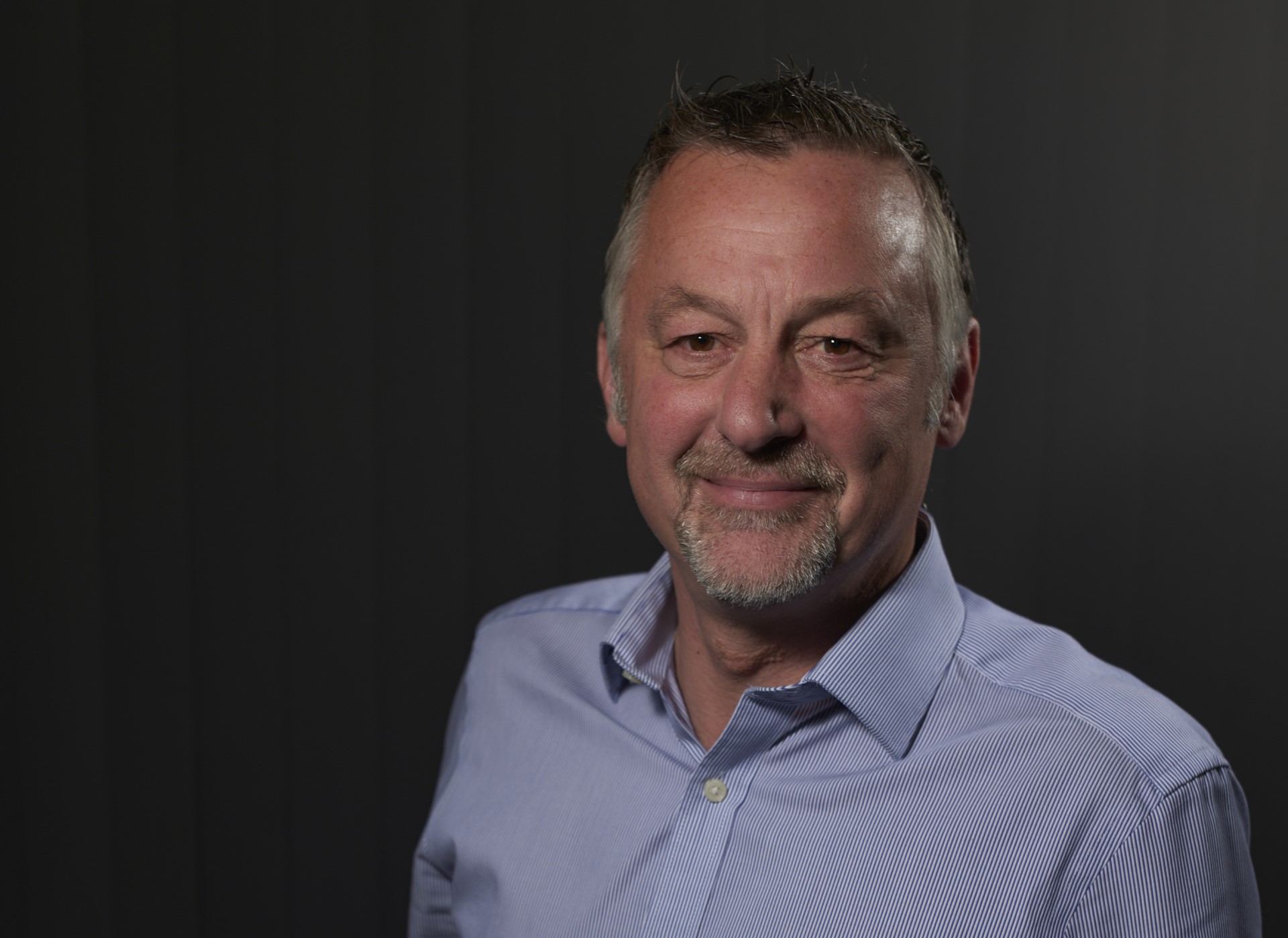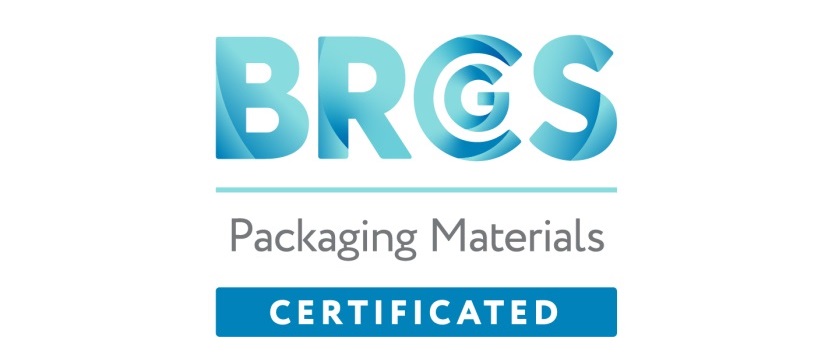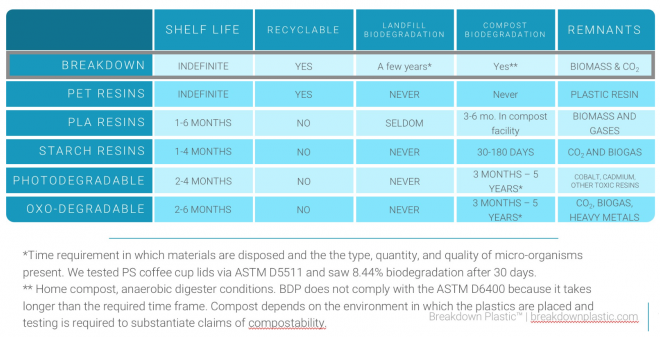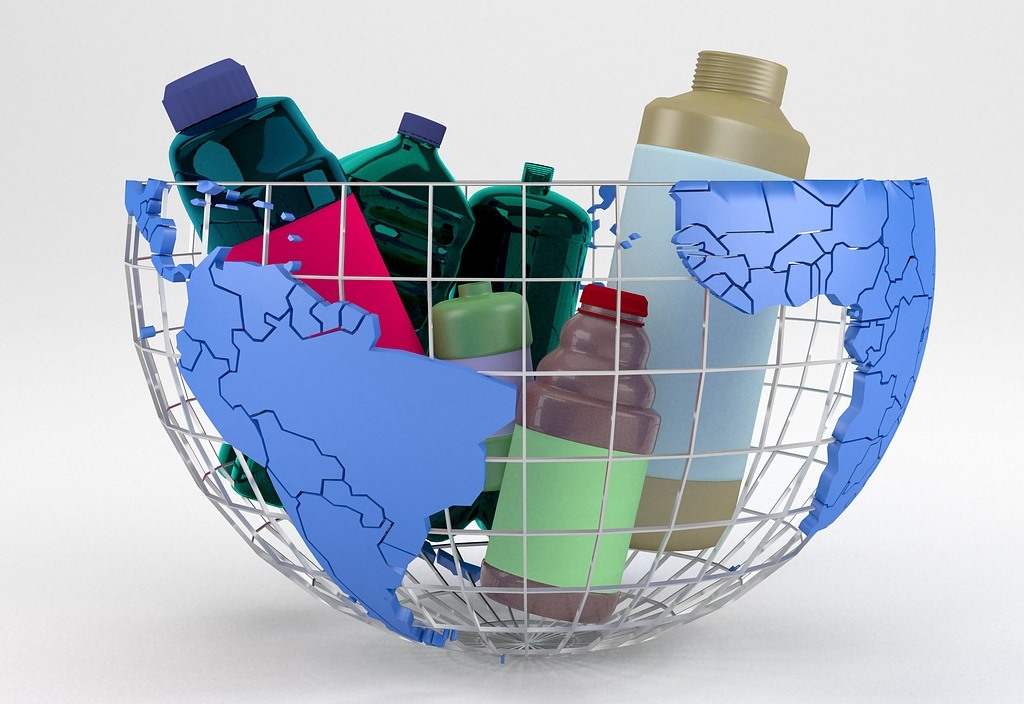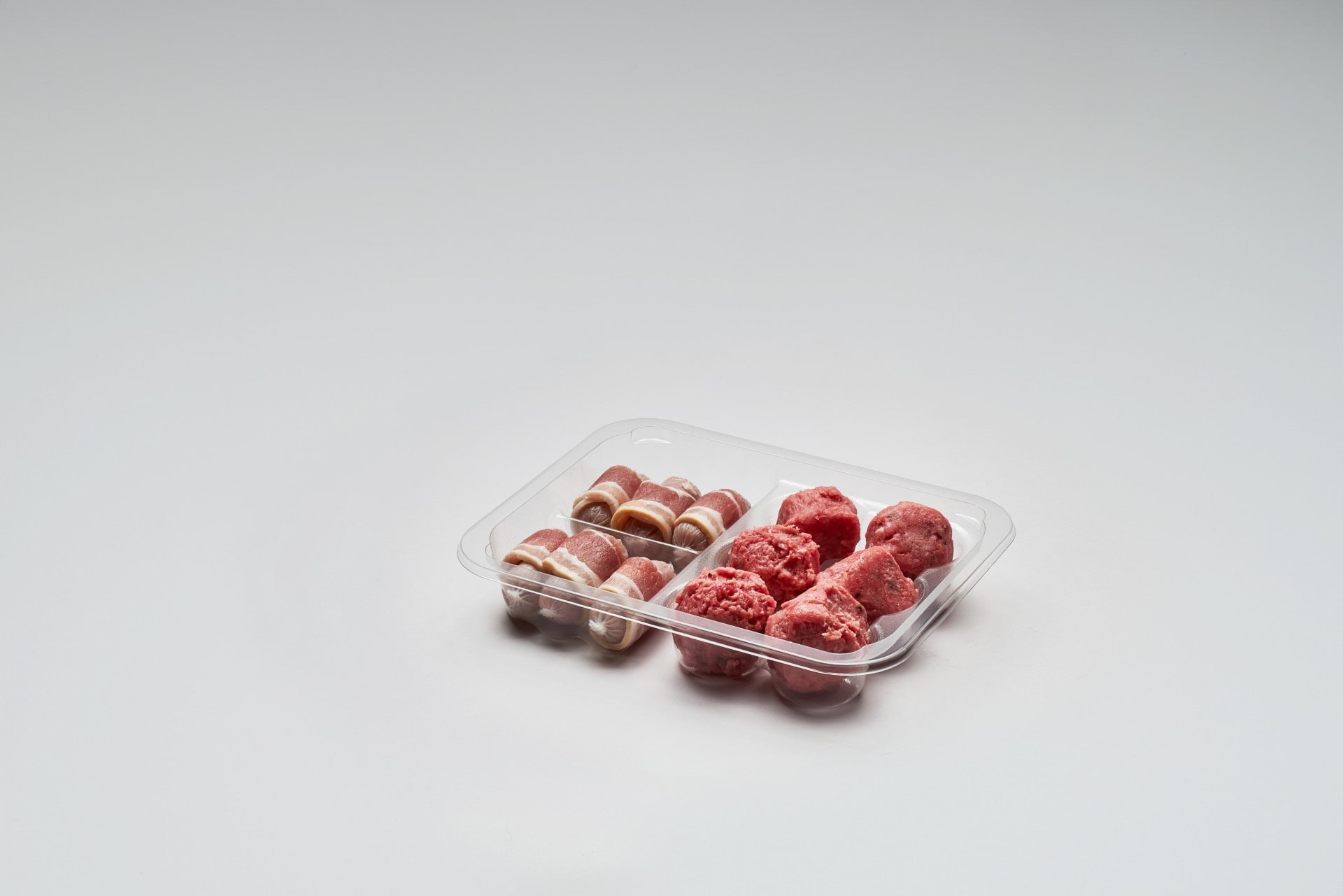BREAKDOWN PET EXPLAINED
When talking about biodegradable plastics, it’s important to understand the definition of the biodegradation process. By definition, plastics that fragment or degrade through chemical reactions, ultraviolet radiation and / or mechanical processes are not biodegradable. They are simply degradable and in most cases leave toxins; heavy metals like cadmium, nickel and cobalt; and residues of the polymer in the environment.
Plastics are hydrocarbons that come from crude oil and are 100 per cent biodegradable thanks to oleo-physeal bacteria. However, in the process of distillation its original organic nutrients are burned. Additionally, manufactured plastic products are designed to be durable. All of which explains why traditional plastics take thousands of years for the microbes in them to decompose.
The organic additives used in Breakdown PET accelerate the biodegradation of treated plastics in microbe-rich environments. The material uses organic, carbon based ingredients that enable polymers to biodegrade like organic matter. Products made from Breakdown PET have an unlimited shelf-life and are completely non-toxic.
Breakdown PET actually attracts microbes to the product, where they colonise on its surface, and secrete acids that break down the polymer chain. Once the polymer chain is opened the microbes utilise the carbon backbone as a source of food and energy, and biodegradation occurs at the atomic level.
The difference between Breakdown PET and traditional plastic is that Breakdown PET creates an opportunity for microbes to utilise plastic as food and energy, which accelerates biodegradation. The end result of biodegraded Breakdown PET is the same as that of any biodegraded organic matter – humus, CO2 and CH4 that can be captured to produce clean, cheap energy.
